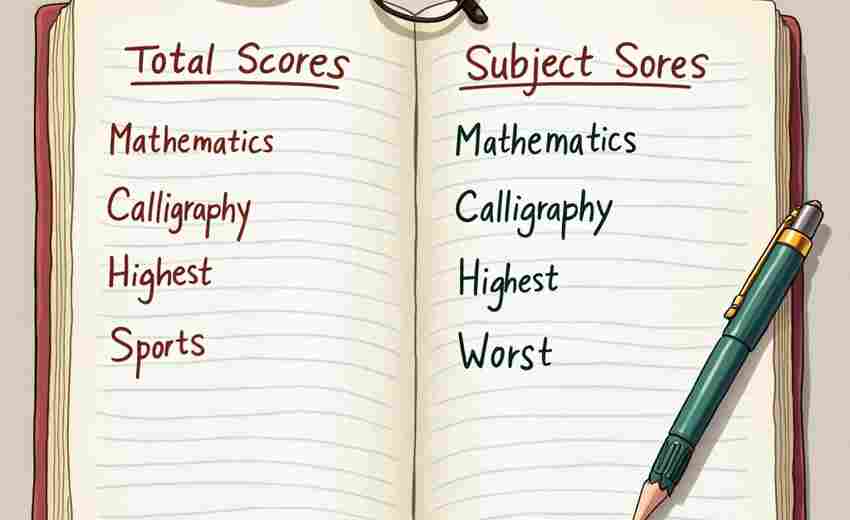以下是针对高考英语口语考试中文化差异与习俗讨论专题的备考指南,结合考试常见题型、高频考点及实用策略,帮生系统掌握相关话题:
一、题型解析与高频考点
高考口语考试通常分为朗读、问答、话题表达三部分,文化差异类题目常见于问答与话题表达环节,主要涉及以下方向:
1. 节日习俗对比(如春节与圣诞节的文化内涵差异)
2. 社交礼仪差异(如称呼方式、沟通话题选择)
3. 教育与价值观差异(如集体主义 vs. 个人主义)
4. 饮食与生活习俗(如茶文化 vs. 咖啡文化)
二、备考策略与技巧
1. 积累核心词汇与表达
2. 结构化回答模板
以“描述文化差异”为例:
Introduction:明确主题。
> "Cultural differences between the East and the West are fascinating. Let me take [节日/礼仪] as an example.
Body:分点对比,结合实例。
> "Firstly, in China, [传统习俗]. However, in Western countries, [对应差异]. Secondly...
Conclusion:总结意义。

> "Understanding these differences helps us communicate more effectively and respect diverse cultures.
3. 活用跨文化案例
三、实战案例与参考答案
题目:Describe a traditional Chinese festival.
参考答案:
The Spring Festival is the most significant traditional festival in China. It marks the lunar New Year and lasts for 15 days. Families gather for a reunion dinner on New Year's Eve, exchange red envelopes for good luck, and enjoy fireworks. Unlike Christmas in the West, which focuses on religious celebrations, the Spring Festival emphasizes family bonds and ancestral worship. For example, we clean houses to sweep away bad luck, a custom rarely seen in Western cultures. These traditions reflect Chinese values of harmony and family unity.
题目:How do Chinese and Western education systems differ?
参考答案:
Chinese education prioritizes collective achievement and discipline. Students often study in large classes with standardized exams. In contrast, Western systems like in the U.S. encourage individuality and critical thinking. For instance, Chinese teachers might emphasize memorization, while Western educators focus on creative projects. However, both aim to prepare students for future challenges, just through different approaches.
四、注意事项
1. 避免刻板印象:用“tend to”代替“always”体现客观性(如:Chinese people tend to value family more)。
2. 结合个人经历:举例时加入自身体验(如:Once I explained the meaning of red envelopes to a foreign friend...)。
3. 练习文化敏感度:对敏感话题(如宗教、政治)保持中立。
通过系统准备文化差异类话题,考生不仅能应对考试,更能提升跨文化交际能力,为未来国际交流打下基础。建议结合真题模拟训练,强化逻辑表达与文化细节的融合。
















































推荐文章
量子纠缠现象对现代通信技术发展的物理原理支撑
2025-04-12高考征集志愿对考生心理状态有何潜在影响
2025-04-12移动端服务卡操作指南:随时随地查招生计划
2025-04-18清华大学金融学专业是否要求高考英语达到优秀水平
2025-05-29高考志愿填报中的保底专业如何选
2024-10-31临沂大学电子商务专业的就业情况
2025-02-10高考复读—高考复读一年值得吗
2023-08-01高考理科科目—高考理科要考哪些科目
2023-10-24什么是可持续发展的核心原则
2024-12-09